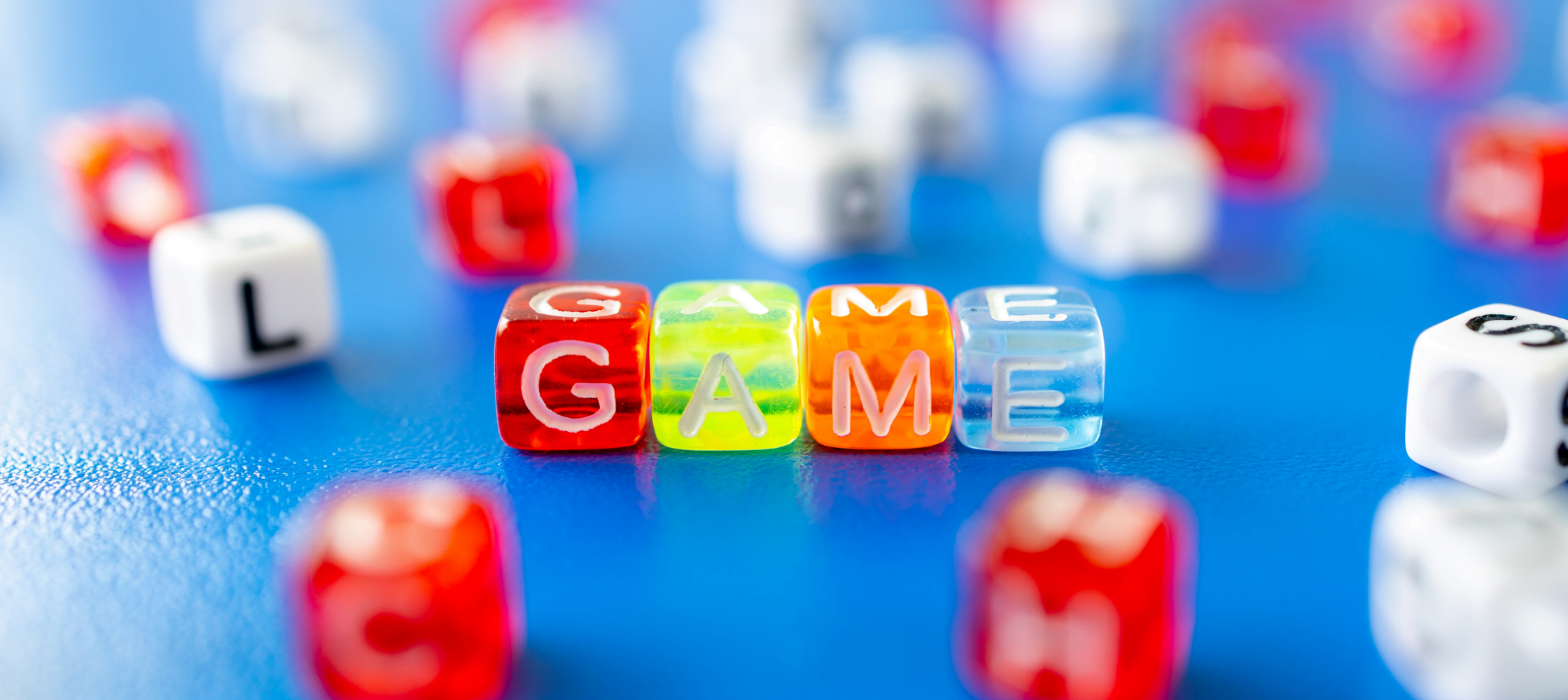Games have been with us for centuries and, as they evolve and develop thanks to new technologies, their terminology continues to grow, becoming more and more confusing. As a serious games specialist, we want to help you understand the differences. What are serious games and what is the difference between different gaming terminologies? Let’s play.
Gameplay
First, we have gameplay or traditional gaming. Gameplay has been around for millennia and it is innate to humans and even animals. In humans, games have repeatedly been used as learning games for children, helping them develop imaginative thinking, values, and morality. Behavioral research carried out by psychologists such as Jean Piaget and Lev Vygotsky demonstrated the importance of playing in children’s development and learning. Their theories found that playing and cognitive development go hand in hand. Putting a modern example: children could learn about gravity through Angry Birds. Who knew?
Social Games
Social games are leveled up traditional games. Gameplay evolved into social games such as board games, card games, and, eventually, sports.
The history of social gaming dates to pre-historic times, with archaeological excavations finding ancient gaming tools made of bone, stones, and sticks in ancient civilizations, and carved painted stones found in Turkey, which would be the earliest gaming pieces ever. Additionally, Egyptian paintings and Chinese history show us the presence of other games and board games such as Senet in 3100 BC and Mahjong back in 1644, both quite a while back. These games are thought to be used as pastimes and a way of socializing.
Electronic Games
With the development of technology and computing, social games and gameplay evolved into video games and media-based games. From computer games and consoles to online gaming, mobile games, and virtual and augmented reality games, these purely electronic games are constantly evolving and growing. The earliest reference to an electronic game is a patent registration in the United States back in 1947 for a cathode-ray tube amusement device. The main purpose of electronic games is to entertain.
Gamification
Another term to consider is gamification. Gamification is the process of applying game elements into existing processes, often as a marketing technique to engage with customers and encourage participation. You have heard of points, reward cards, badges, and leaderboards, right? These are all game-like elements used in non-game contexts, such as sales and education.
Serious Games
Here is where you find GingrTech. Serious games are learning games that apply gaming technologies into ‘serious environments’ like business simulation games, education, and healthcare. These educational games combine simulation technologies, learning strategies, and structures to teach skills, knowledge, and behaviors. By simulating environments such as a workplace, users can solve problems, collaborate and build strong relationships in an immersive and engaging way.
What is the difference between simulation games and serious games?
Their purpose is the main difference. Whilst simulation games are mainly entertaining and algorithmic, serious games use simulations to drive behavior and growth. Our award-winning platform ROCKET is the perfect example of a serious game.
Learning games: a never-ending lingo
There are many different words covering gaming terminology, but now you have a grasp on the main differences between different game types. Let’s not get into more specific jargon for now, or we could start with the never-ending video game lingo.
We are here to help. If you want to know more about our learning games and the transformative power of serious games, we invite you to learn more during our free insight sessions.

